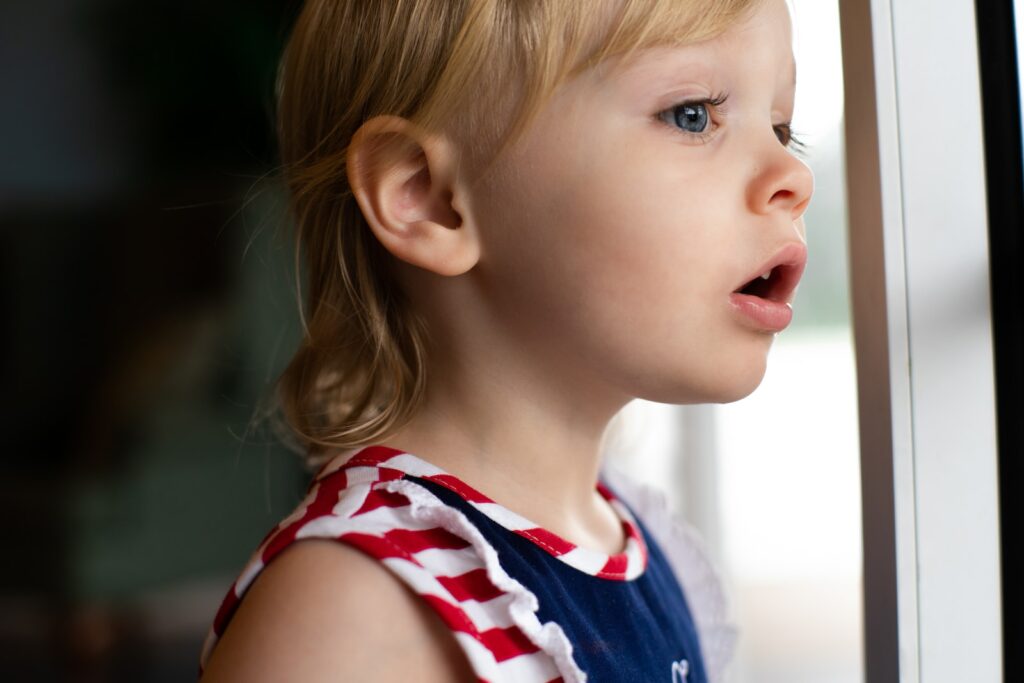Every child hopes to have good friends, but not everyone manages to.

As parents, we often scratch our heads wondering why our kids can’t get along with others, or why they don’t like playing with other kids or don’t understand sharing. Many of us think things will get better when they start school and begin socializing more, but that’s not always the case.
Kids start their cognitive journey from a very self-centered point of view. So, when our children find themselves in new situations where they’re not being catered to like at home and they don’t have the means to communicate, they can feel pretty lost. Sometimes they might even resort to basic reactions like hitting or pushing just to get what they want.
Our home environment is where they lay the foundation for good communication. Simple things like eye contact, the tone of speech, or even advanced conversational cues, they learn all that at home. This foundation can really help them later when they’re working in groups, both in managing their emotions and adjusting on the fly. Some kids might not develop social skills as well as others due to environmental factors or just their own personalities, so they especially need that hands-on, learn-as-you-go support.
Learning Through Play
Games can be super helpful. Through role-playing in games, our kids can step out of themselves and explore different relationships. This helps them understand how others feel, which is a big boost to their social skills. More than that, games can help our kids genuinely feel what someone else is going through. Picking games that require teamwork can teach them the importance of cooperation and sharing. There are board games out there that can help with this too.
Role-playing as Practice
To familiarize our children with social nuances, it’s useful to practice with them. Say your kid doesn’t know how to tell someone they want to be friends. You can role-play with them, pretending to be that other child, and help them practice starting a conversation. We should also remind them of the non-verbal cues, like looking at someone when they’re talking and giving a little smile when listening.
A lot of people like talking about themselves. What many kids overlook is the need to actually listen to what’s being said. It’s always good to check if they’re hogging the conversation time, and not spending enough time as a listener. All this can be practiced through role-playing.
Teaching Kids to Ask Questions
When our kids are nervous, they might not know how to keep a conversation going. We can teach them to ask questions, and preferably not just ones that can be answered with a simple ‘yes’ or ‘no’. Encouraging them to ask something like, “What did you do over the summer break?” can be a great conversation starter. Showing interest in others can really boost their social game.
Exposing Them to Different Social Settings
Taking our kids to public places like parks to mingle with their peers is an awesome way to go about it. There, they can naturally interact, learn how to make friends, share, and play together. Sometimes, just watching other kids can be a lesson in itself! Remember, starting with smaller groups might feel less intimidating to them. This way, when they’re in school with bigger crowds, they’ll feel more confident and adjusted.
Enhancing Language Skills
If our child struggles with expressing themselves, it can be a hindrance socially and affect their confidence in group settings. This might be because of shyness, introversion, or sometimes, their choice of words might lead to conflicts. You can refer to the Effective ways to foster Language Skills: Parents’ Guide for some guidance.
Boosting Emotional Skills
Big emotional ups and downs can make it hard for them to communicate with peers. If our kids can’t control their emotions, it might affect how others see them. For some great tips, check out Effective ways to enhance emotional development: Parents’ Guide.
Cultivating Empathy
Young kids often focus on their own needs and can easily overlook how others feel. They might not yet grasp how to empathize or help others. If our child struggles socially because they don’t respect others’ feelings, we can gently teach them to notice others’ emotions and awaken their sense of empathy. For more on this, see Effective ways to teach Empathy: Parents’ Guide.
Takeaways
Social development is crucial for our kids as they grow. Even though every child wishes to have good friends, not all can easily get along with others. These challenges might stem from their early self-centered cognition or factors like their temperament or home environment. To nurture our kids’ social growth, fostering language skills, emotional regulation, and empathy are key. With these skills, our children can build confidence in group settings, reduce conflicts with peers, and learn to respect others.